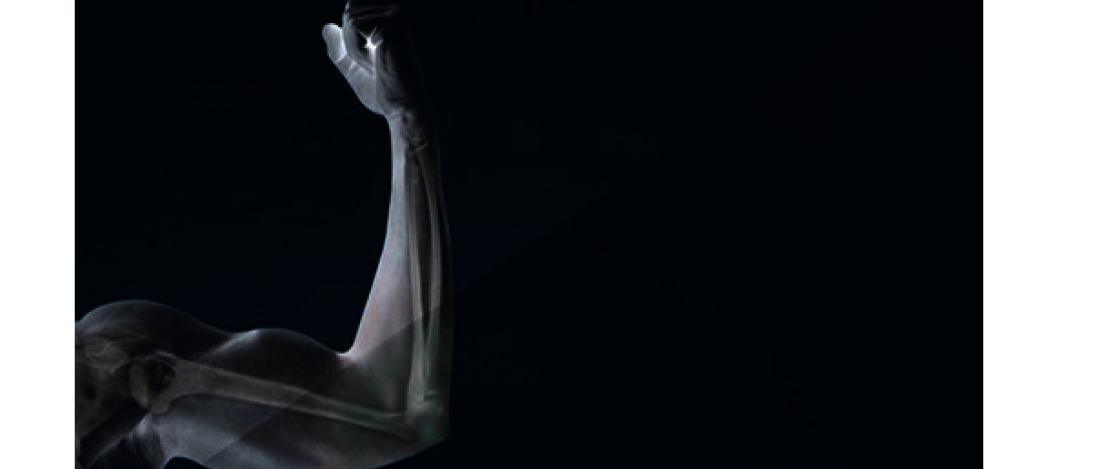According to Exercise is Medicine Australia, nearly two-thirds of women over 60 and one-sixth of men over 60 have poor bone health.
Osteoporosis is a significant chronic health condition which causes progressive weakening of the bones, increasing the likelihood of fractures to the skeletal system. It is commonly diagnosed by a bone density scan (DEXA scan). Results from the scan will identify current stages of bone health, indicating normal, osteopenia or osteoporosis. Osteopenia is defined as having lower than average bone density which can progress to osteoporosis if not addressed.
Who is at risk?
From the age of 30, a natural decline in bone tissue occurs as we age. Factors that increase bone loss include:
- Menopause in women
- Immobilisation/Sedentary behaviours
- Other medical conditions and associated treatments
- Limited calcium and vitamin d in the diet
Exercise & Osteoporosis
Exercise, particularly strength training, is vital for preventing loss and maintaining current levels of bone density. Benefits of a regular exercise program include increased muscular strength and improved balance, which decreases risk of falls. Aim for at least 4-5 days of 40 minutes of exercise per day including weight bearing exercises, moderate strength training, low-moderate aerobic exercise and balance activities to assist loading the bones.
Strength training is beneficial for osteoporosis as it applies a controlled force to the bones. This can be a bending or compressing force and in response the bone will lay down new bone cells to increase density.
Strength training at Kieser can benefit clients with osteoporosis as it:
- Is low impact & completed with slow movements
- Is supervised by a Physiotherapist or Exercise Physiologist
- Can slow the rate of bone loss or even increase bone density
- Can address bone loss in specific areas – i.e. lower back or hip
- Can reduce risk of falls by building strength
20th October is World Osteoporosis Day, dedicated to raising global awareness of the prevention, diagnosis and treatment of osteoporosis and metabolic bone disease.
If you are concerned about your bone health, visit your Exercise Physiologist today to discuss the right exercise program for you!






























